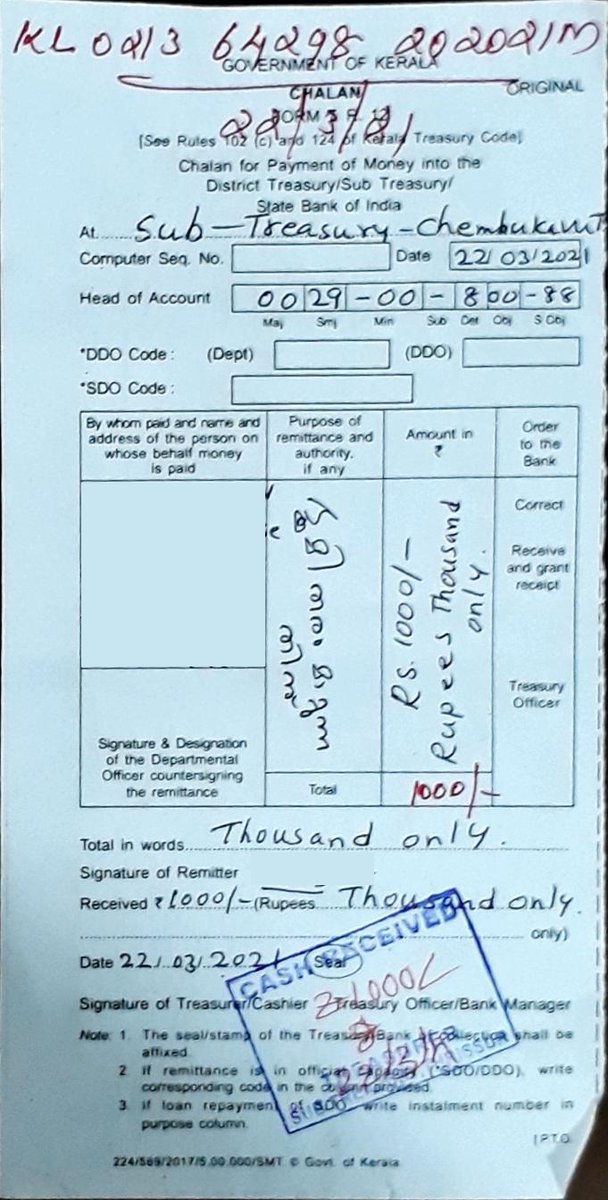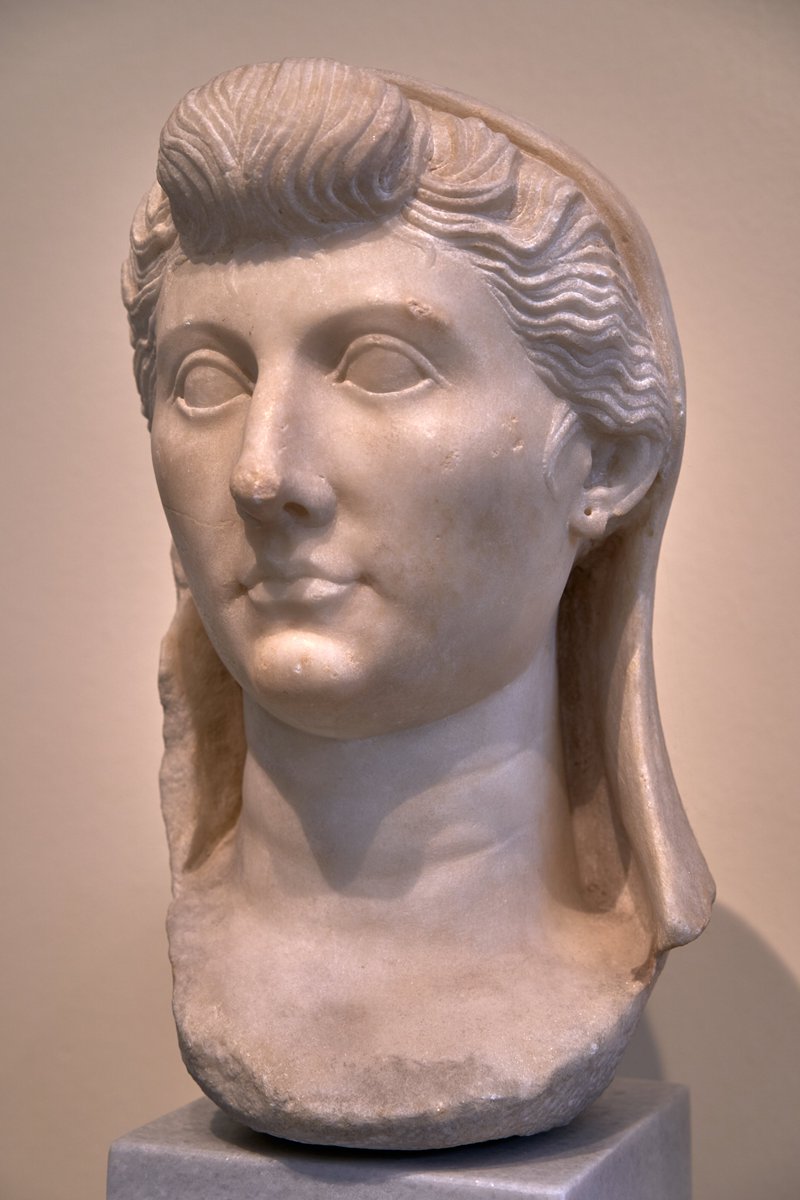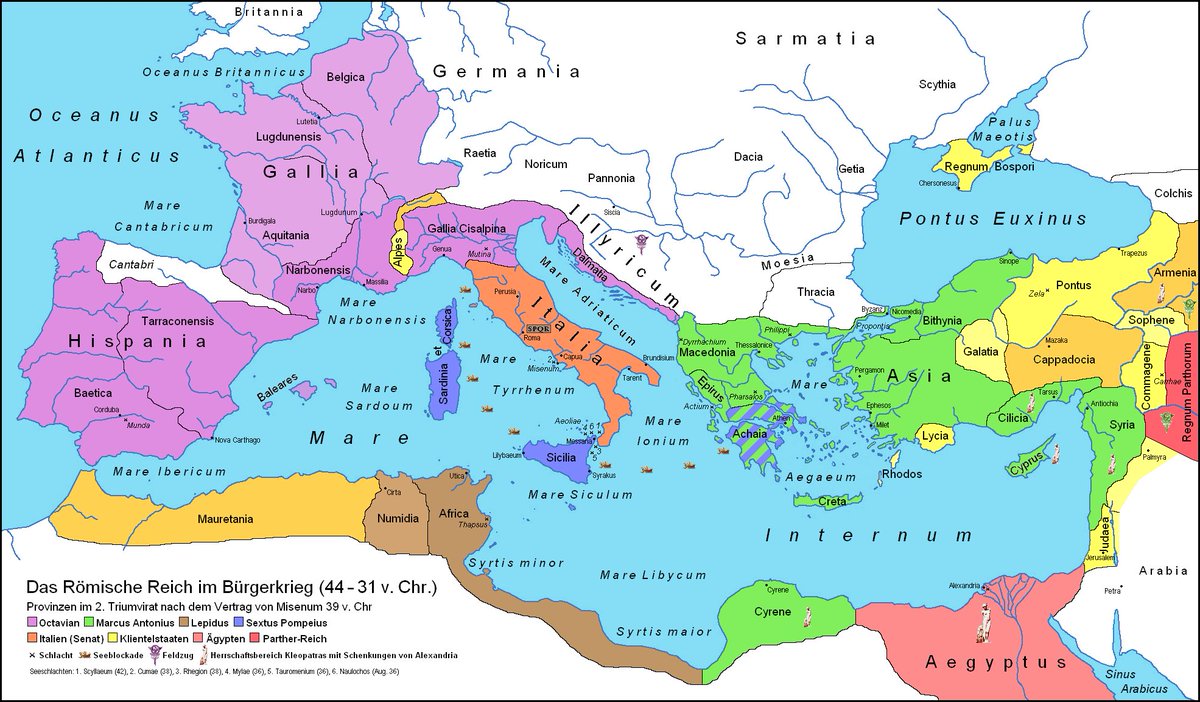
So, Dad bought this land in the late 1980s in a court auction. The court documents referred to it as a "parambu" (essentially non agricultural land). At the time, the entire area, apart from a house next door (and perhaps the one next to it), was undeveloped. 1/6
https://twitter.com/Arby_K/status/1377290814565404677
Sometime in the 1990s, when he asked for permission for construction, it was refused saying it was agricultural land, which was also the legal opinion we received at the time. We could have paid a high percent of the land value and gone ahead, but it wasn't worth it. 2/6 

Cut to February 2021, the state notify the updated records of agricultural land. Our land is not among them. The area has now grown into a town centre with hotels and a hospital. But despite the notification, Revenue records are still stuck in the 1960s. 3/6 

Revenue Department gave an option to convert land that has been denotified as non agricultural to non agricultural in their records, after Court directive, but only for land below 25 cents. But, when dad went and filed the form after paying challan, they refused to accept it. 4/6 

And thus the protest - The sign says "Public Latrine", since given the attitude of the State Revenue department, there really is no other use for the land. The last time Dad had gone on a protest, it was a hunger strike along with his 100 odd employees in late 90s. 5/6 

That time he pulled through & got them to back down. It is still the same theme and the same party in power, two decades later. The government continues to hinder the progress of the state. For one thing, Kerala isn't where it is because of its rulers, but despite its rulers. 6/6 

Also, not an April fool's prank. 🤷♀️
• • •
Missing some Tweet in this thread? You can try to
force a refresh












